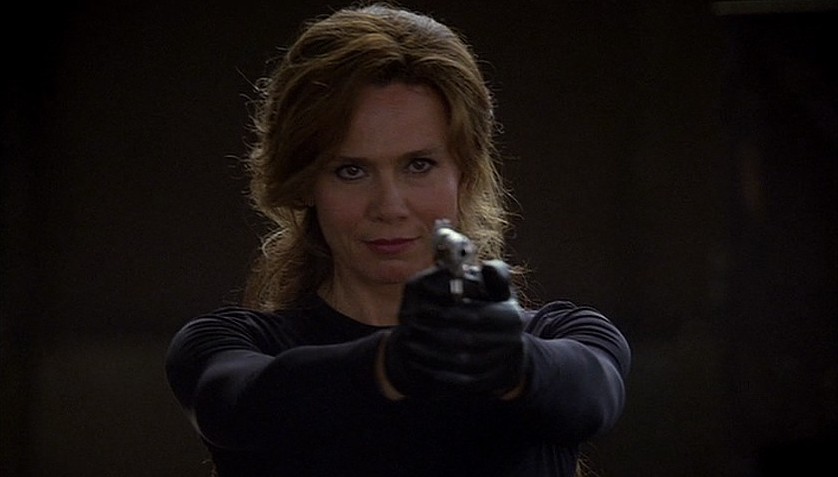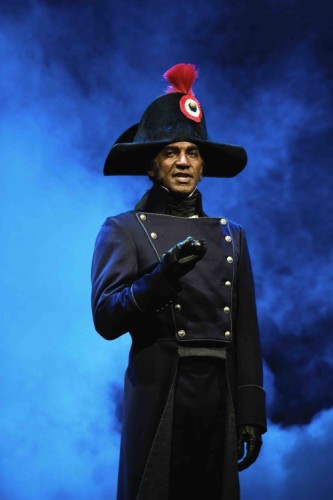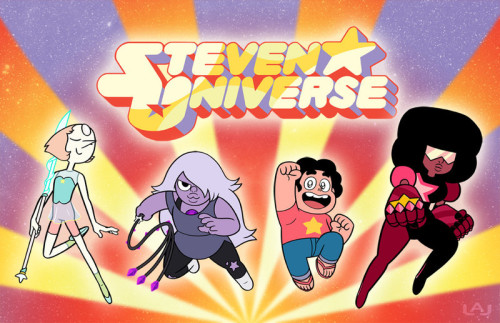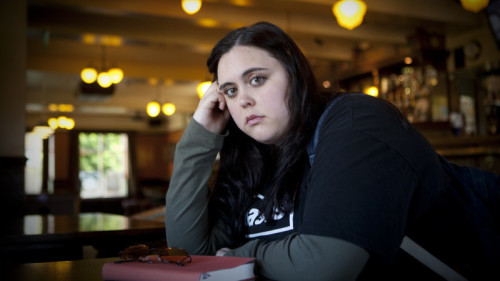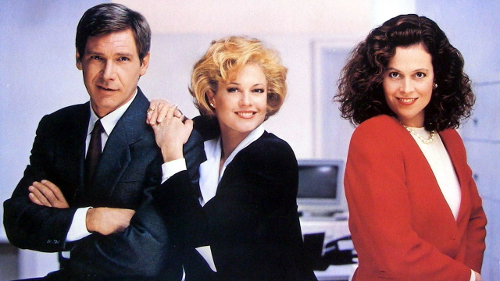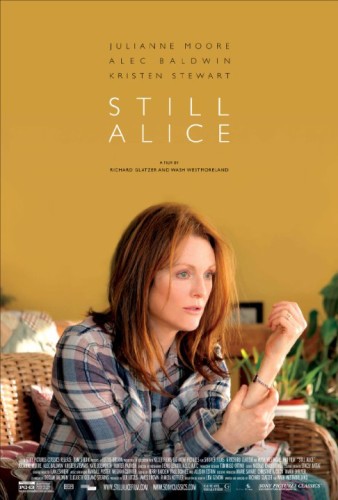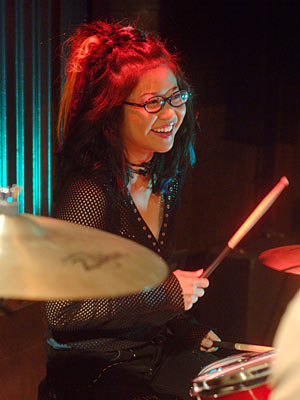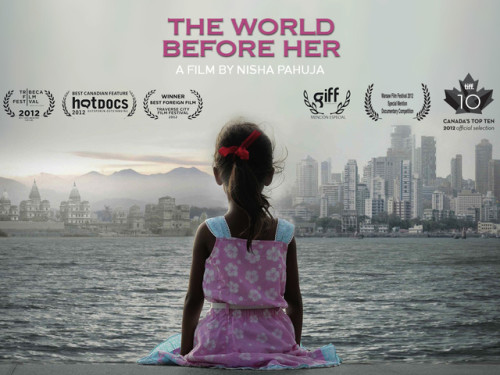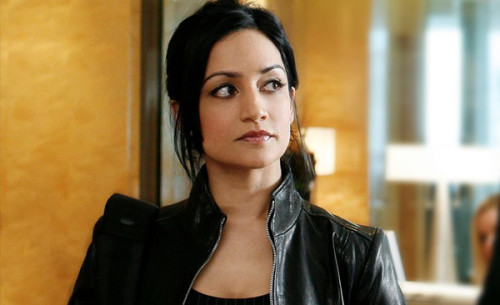Spy Mom: Motherhood vs. Career in the ‘Alias’ Universe
This conflict drives Sydney’s arc and establishes a recurring question at the heart of ‘Alias’: can you be both a mother and a spy? … Sydney’s own mother Irina figures powerfully into this conflict. … Yet Irina’s arc throughout ‘Alias’ is the tension between her desire for a relationship with her daughter and her independence as a spy.
